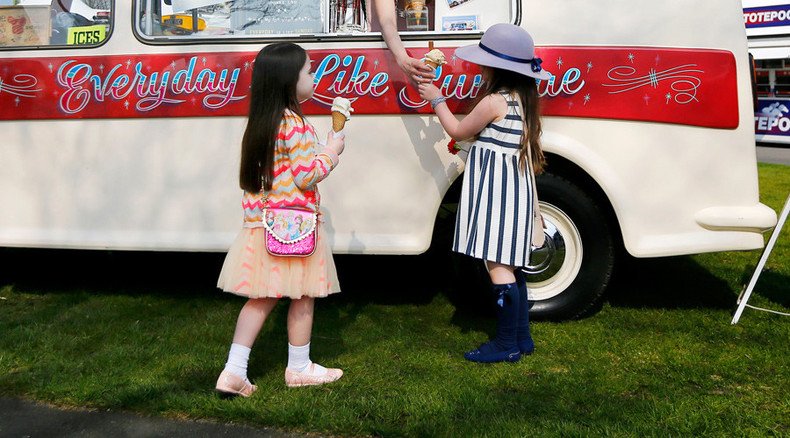Surge in mental health issues among young British women – survey

Mental health problems are a growing issue among young women in Britain, but parents are more concerned about their children abusing drugs and alcohol, Girlguiding’s Girls’ Attitude Survey 2015 suggests.
Some 58 percent of women aged 13 to 21 found mental health to be a “serious concern,” but 42 percent said their parents were “more concerned” about them taking drugs.
While 33 percent claimed their parents were more concerned about alcohol abuse, some 29 percent said smoking frightened their elders the most.
Cyberbullying and joblessness were also among young women’s top fears.
Over a third of them were afraid of being abused online and 36 percent fretted about being unemployed.
Girls’ mental wellbeing under threat suggests @Girlguiding#GirlsAttitudes report http://t.co/llCscYrYV5pic.twitter.com/exx64vkzol
— Girlguiding Scotland (@GirlguidingScot) August 24, 2015The survey also found that 42 percent of women aged 16 to 21 feared teenage pregnancy, and 34 percent said unprotected sex was one of their main worries.
Parents are seen as being blind to the pressures their daughters face.
Some 82 percent of young women said adults fail to recognize how stressed they are, and 57 percent admitted to feeling “awkward” talking about mental health.
Mental health charity Young Minds said some young people feel their parents fail to understand their issues because they grew up in a different generation.
#GirlsAttitudes research show important findings on girls’ wellbeing & resilience http://t.co/xVQbMSZf7dpic.twitter.com/Uf36Zi6mX1
— Girlguiding (@Girlguiding) August 24, 2015Speaking to RT, a spokesperson for the charity said young women are growing up in a “difficult climate.”
They said social media and school examinations pose new pressures on young women.
Online pornography, too, has a “huge influence” on the expectations placed on girls and boys, they added.
Young people often look to reality television shows for life advice and find themselves “lacking self-esteem and disliking their body image even more.”
Girls’ mental wellbeing under threat. Full #GirlsAttitudes report out this September http://t.co/xVQbMSZf7dpic.twitter.com/ExnG4TKaUs
— Girlguiding (@Girlguiding) August 24, 2015The causes of mental health anxieties are “complex,” but relationships “also affect them.”
Young Minds CEO Sarah Brennan told RT the survey is “yet another wake-up call,” as it demonstrates how important it is for teenage mental health to be prioritized.
Brennan urged parents and carers to learn the skills “to help children as they journey through an emotional turmoil that goes with becoming a young adult.”
According to the Mental Health Foundation, women are more likely to have been treated for mental health issues than men – some 29 percent compared to 17 percent.
However, this may be because women are more likely to report symptoms of mental health problems, they said.
Depression is also more common in women than men, as one in four will require treatment at some point in their lives, compared to 1 in 10 men, they found.
According to the Office for National Statistics Psychiatric Morbidity report, there’s a higher chance of women experiencing anxiety than men, as 60 percent of Britons with phobias or OCD are female.
Self Harm UK figures show there has been a 70-percent rise in 10 to 14 year olds attending hospital due to self-harm.
They found girls are more likely to hurt themselves than boys.
Girlguiding CEO Julie Bentley said the survey’s findings provide a “stark warning” about the fragile state of British girls’ well-being.












